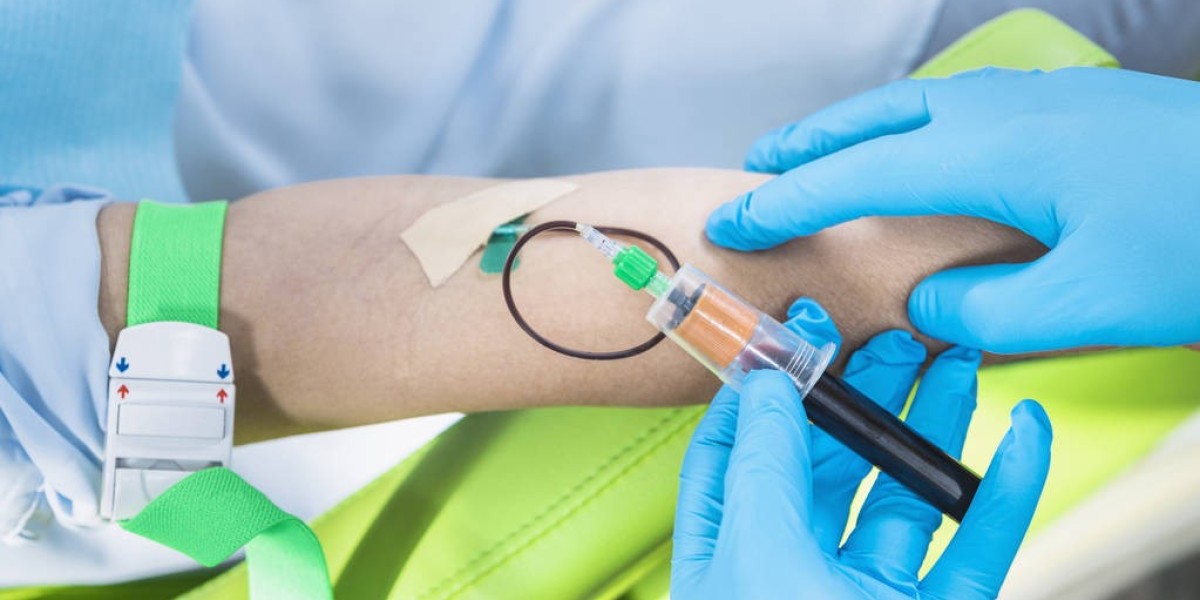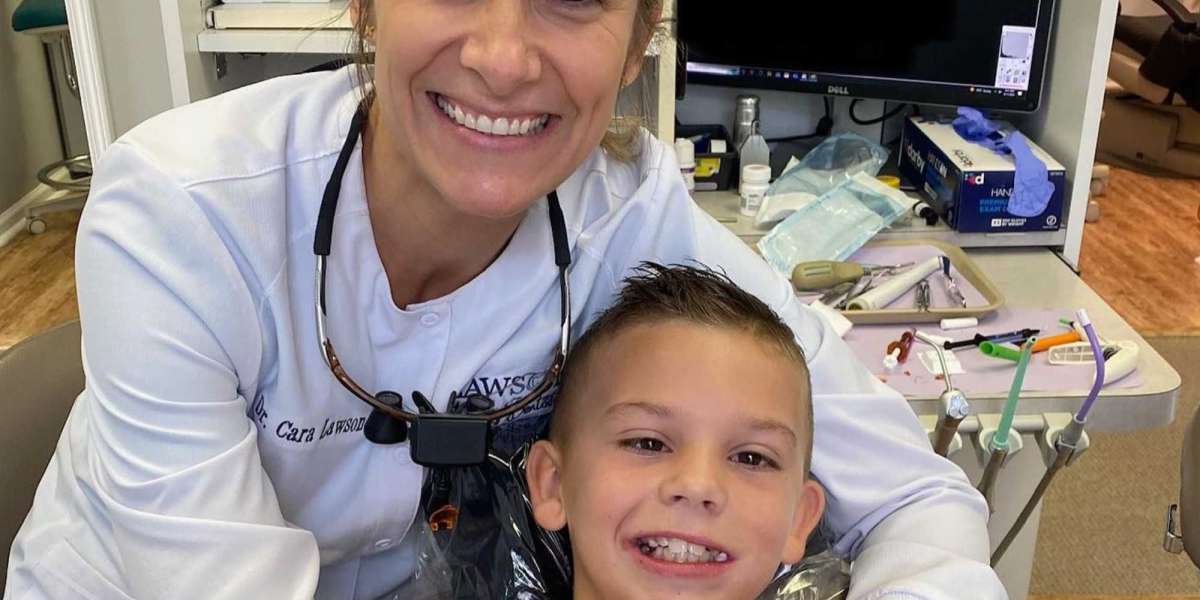When patients visit healthcare facilities for various medical tests, one crucial yet often overlooked aspect is the work of phlebotomy technicians. These skilled professionals are essential members of the healthcare team, responsible for drawing blood samples for diagnostic testing and therapeutic purposes. In this blog, we will delve into the vital role of phlebotomy technicians they play in healthcare and the comprehensive phlebotomy technician training they undergo to ensure accurate and efficient blood collection.
- What is a Phlebotomy Technician?
Phlebotomy technicians are trained professionals specializing in venipuncture – the art of drawing blood from patients. Their role is critical in various healthcare settings, including hospitals, clinics, laboratories, and blood banks. They are responsible for collecting blood samples safely and accurately, ensuring patient comfort and minimizing potential complications.
- Comprehensive Phlebotomy Training:
To become proficient phlebotomy technicians, individuals must complete comprehensive phlebotomy training program. These programs cover a range of essential skills, including venipuncture techniques, patient communication, infection control, and specimen handling. Phlebotomy training programs emphasize both theoretical knowledge and hands-on practice to ensure students are well-prepared for real-world scenarios.
- Obtaining Phlebotomy Certification:
After completing their training, phlebotomy technicians have the option to pursue phlebotomy certification. While not always a requirement, obtaining certification demonstrates a higher level of competency and dedication to the profession. Certified phlebotomy technicians are in high demand, as employers recognize the value of their specialized skills and adherence to professional standards.
- Accurate and Efficient Blood Collection:
One of the primary responsibilities of phlebotomy technicians is to ensure the accurate and efficient collection of blood samples. Proper identification of patients, selecting appropriate venipuncture sites, and using sterile techniques are critical steps in this process. The proficiency of phlebotomy technicians directly impacts the quality and reliability of test results, aiding physicians in making accurate diagnoses and treatment decisions.
- Patient Care and Communication:
Beyond technical skills, phlebotomy technicians excel in patient care and communication. Many patients experience anxiety or fear during blood draws, and the ability to put them at ease is a valuable trait. Phlebotomy technicians offer reassurance, answer questions, and maintain a compassionate demeanor, fostering a positive experience for patients.
- Collaborating with Healthcare Professionals:
Phlebotomy technicians work closely with various healthcare professionals, including nurses, laboratory technicians, and physicians. Effective communication and collaboration are essential to ensure seamless patient care. The teamwork between phlebotomy technicians and other medical staff is crucial for accurate specimen collection, timely test results, and overall patient satisfaction.
Conclusion:
Phlebotomy technicians are the unsung heroes of the healthcare industry, playing a critical role in the accurate diagnosis and treatment of patients. Through rigorous phlebotomy training and optional certification, these skilled professionals are equipped to perform venipuncture with precision and care. Their ability to foster a positive patient experience and collaborate effectively with the healthcare team makes them an indispensable support system in healthcare settings. As we recognize their vital contributions, let us celebrate the dedication and expertise of phlebotomy technicians in enhancing patient care and advancing the field of healthcare.








